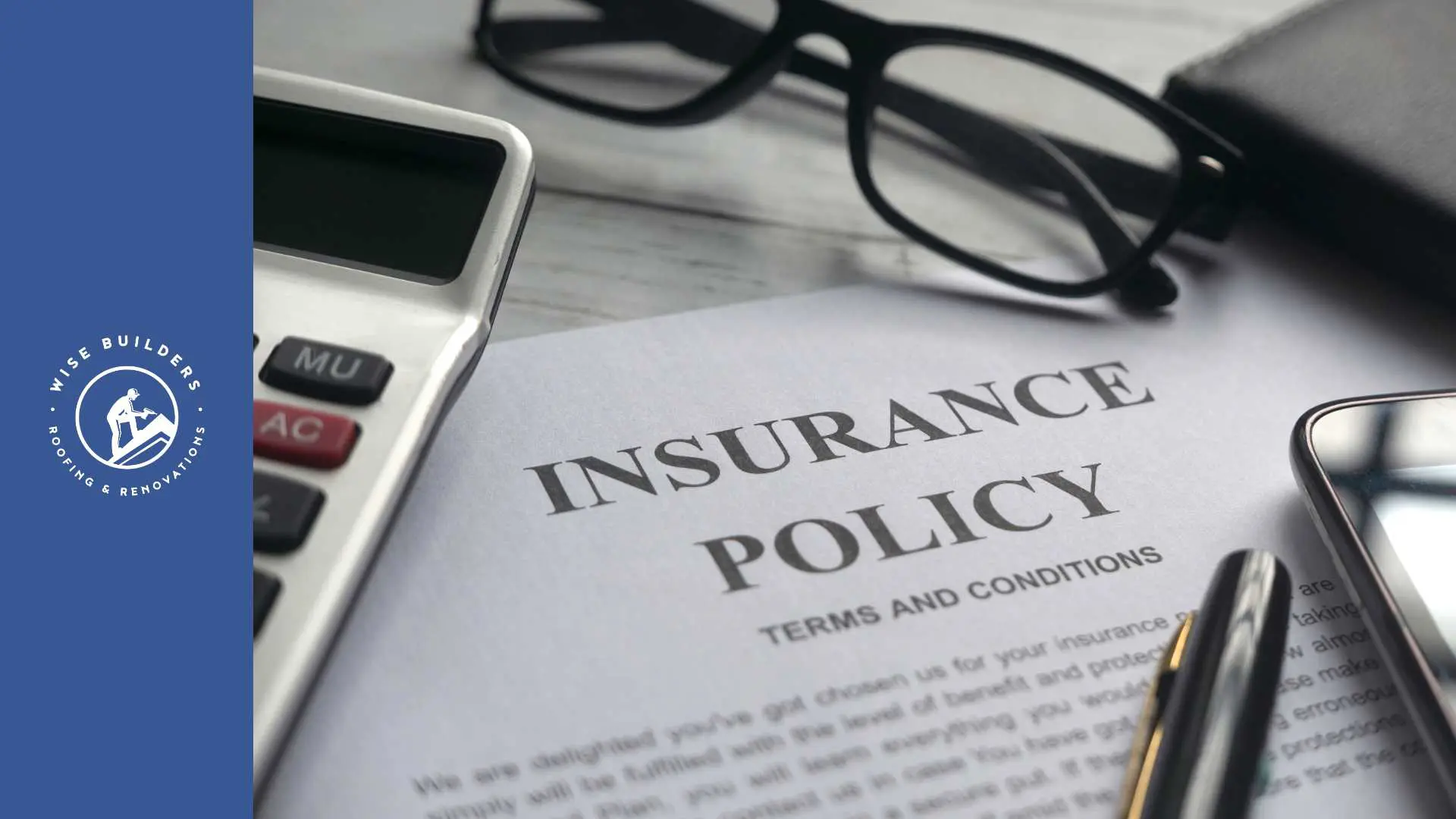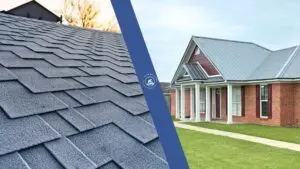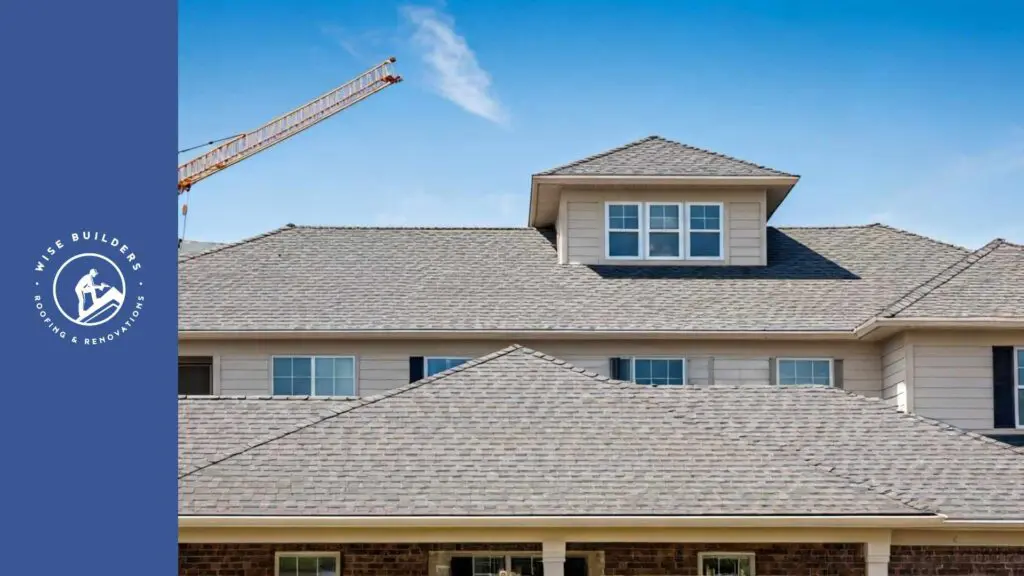
Key Highlights
- A roof replacement for a 2,000 sq ft home in 2025 costs approximately $8,900 to $29,500, depending on roofing materials.
- Asphalt shingles are the most affordable option, while slate tiles and metal roofing rank among the highest cost materials.
- Labor expenses typically represent around 60% of the total roofing costs.
- Steep roof pitches, economic factors, and local codes directly influence the overall project cost.
- Additional expenses include permits, inspections, and debris disposal fees.
- Selecting durable materials and an experienced contractor ensures long-term value and reliability.
Introduction
Replacing a roof is a crucial home investment, especially when tackling a larger roof of 2,000 sq ft. In 2025, understanding the cost variations is key to setting an accurate budget for your roofing project. Factors such as roofing materials, square footage, and labor rates play a significant role in pricing. Whether you choose asphalt shingles or premium slate tiles, this guide from Wise Builders Roofing and Renovations will outline everything you need to know about roof replacement costs in 2025. Let’s make your roof upgrade simple and efficient.
Overview of Roof Replacement Costs in 2025
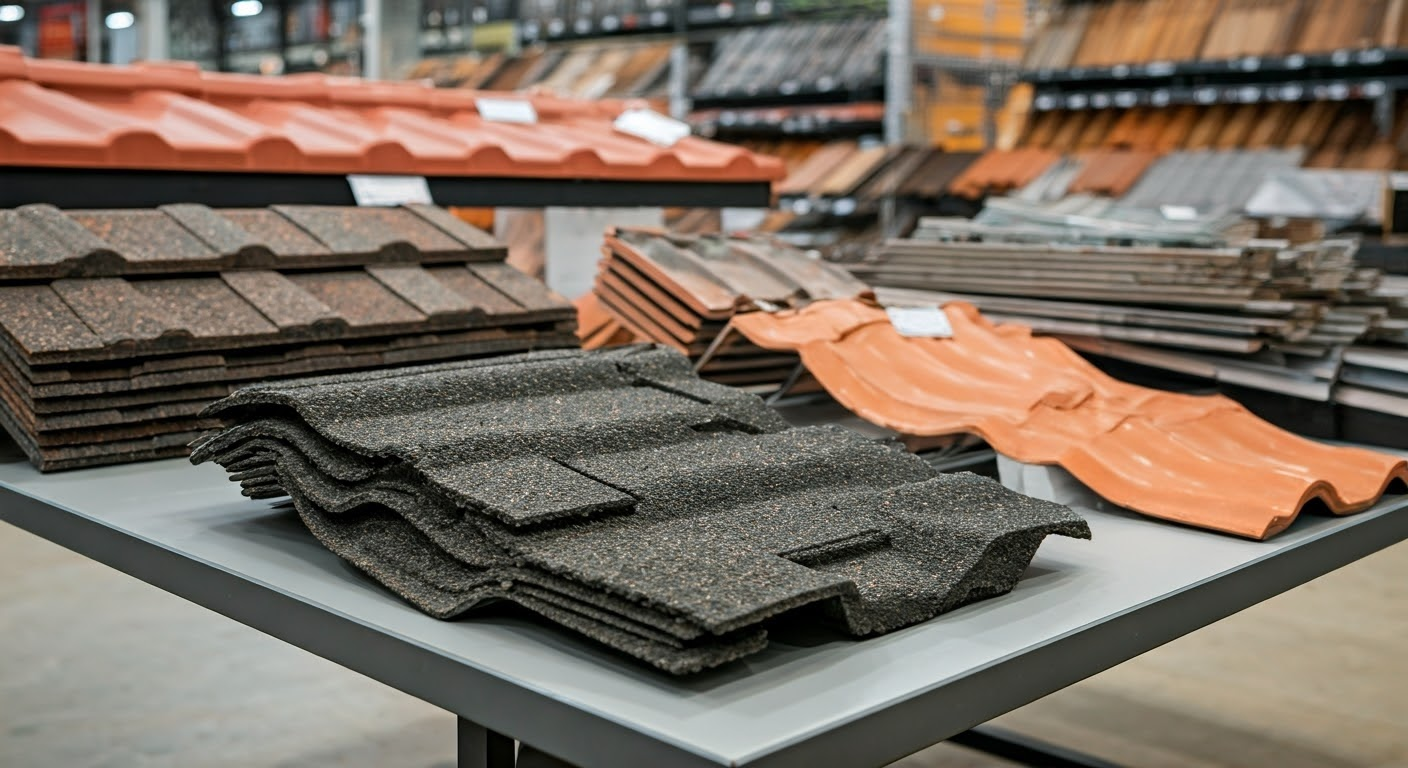
The average costs of replacing a 2,000 sq ft roof in 2025 vary greatly, ranging between $8,900 to $29,500 on average. These cost variations depend heavily on factors like the type of roof materials chosen, the complexity of your roof, and labor rates in your area. Materials such as asphalt shingles remain economical, while slate tiles and metal roofing offer higher durability at significantly premium costs.
Labor costs, typically constituting 60% of the total expense, are influenced by project complexity, regional labor rates, roofing contractor expertise, and roof size. Additional factors, including permits, inspections, and unforeseen carpentry work, can further impact the total cost of roof replacement. Investing in quality materials and skilled contractors ensures your project meets local codes, delivers aesthetic value, and guarantees structural reliability for decades. Up next, we’ll explore specific material price ranges to help you make an informed decision.
Expected Price Ranges for Different Roofing Materials
Choosing the right roofing material is a big decision, as it largely determines the overall cost. Asphalt shingles stand out as the most cost-effective option, especially for larger homes. With costs ranging from $8,900 to $12,100 for a 2,000 sq ft roof, they provide basic durability and come in different finishes like premium architectural shingles and architectural designs for added aesthetic appeal.
If you’re looking for higher durability, metal roofing offers a blend of resilience and performance, priced between $17,522 and $29,564. Options such as steel, aluminum, and concrete tiles are ideal for standing seam designs, while corrugated panels cost less but require maintenance.
For a luxurious touch, slate tiles cost upwards of $29,417, offering natural beauty and unmatched durability, with a lifespan stretching up to 100 years. While the initial investment is steep, this material is perfect for homeowners seeking long-term roofing solutions. Materials play a pivotal role, but economic influences also shift overall costs.
Cost Influences Due to Economic Changes
The fluctuating economy directly impacts roofing costs in 2025. One major influence is material costs, which can rise due to supply-demand shifts, tariffs, or manufacturing expenses. For instance, global costs for durable materials like slate or metal roofing may increase, affecting final project budgets.
Labor rates also correlate with economic shifts. If skilled tradesmen are scarce in your region, wages for roofers may rise, driving up replacement costs. Additionally, inflation can amplify the cost of permits, inspection fees, and other administrative expenses tied to roofing projects.
Local coding and zoning laws may also evolve, requiring additional safety features that add to labor and materials expenses. Keeping an eye on economic trends and requesting updated quotes from reputable roofing contractors can help manage unexpected cost changes. Next, our breakdown focuses specifically on a full 2,000 sq ft roof installation.
Breakdown of Costs for a 2000 sq ft Roof Replacement
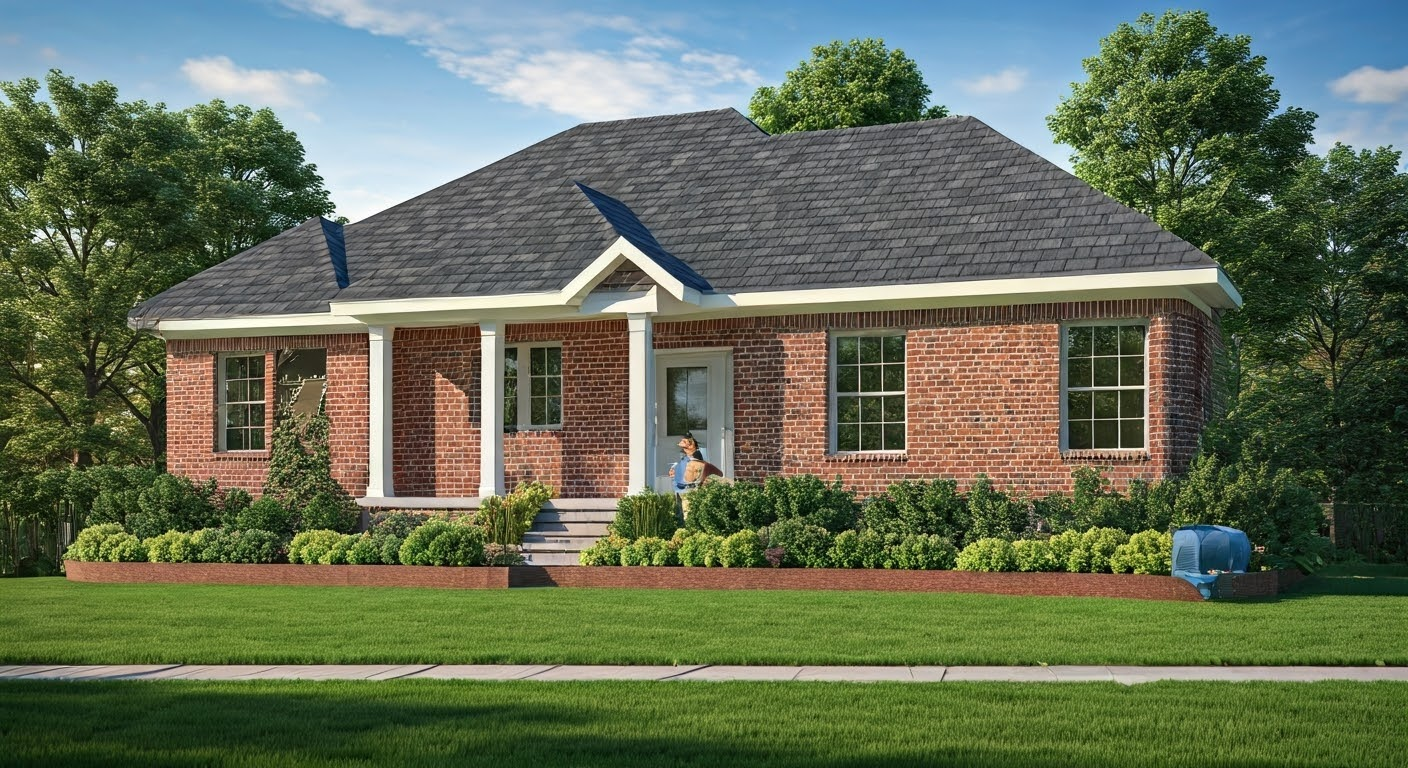
Replacing a 2,000 sq ft roof typically falls between $8,900 and $29,500, but the exact cost of a new roof is influenced by material selection and project intricacies. Asphalt shingles, priced on the lower end, are best for budget-conscious homeowners, while metal or slate tiles cater to those seeking longevity and premium aesthetics.
Labor accounts for 60% of the total expense, and complexity adds variability in pricing. Additional charges for permits and inspections, disposal of old roofing, and gutter replacements also need consideration. Next, we’ll break down material-related costs per square foot.
Material Costs Per Square Foot
To better understand your roofing budget, here’s a detailed look at costs per square foot for different materials. Contractors often price projects based on roofing squares, equal to 100 sq ft increments. Below is a breakdown:
| Material Type | Cost per Square Foot | Cost for 2000 sq ft Roof |
|---|---|---|
| Asphalt Shingles | $4.46 | $8,927 |
| Metal Roofing | $8.76 | $17,522 |
| Slate Tiles | $14.78 | $29,564 |
| Clay Tiles | $14.71 | $29,417 |
Asphalt remains budget-friendly for many, while metal or slate tiles offer extended durability for higher costs. Considering square footage and material type ensures you match quality to affordability. Now, let’s discuss labor aspects.
Labor Costs and Time Estimates for Installation
Labor costs are a major determinant in the cost of your roof replacement expenses, typically amounting to around 60% of the total cost. For a 2,000 sq ft roof, expect labor charges to range from $4,500 to $12,000 depending on complexity, roof pitch, and regional rates. Skilled roofers often charge $75 per hour for a standard installation.
Intricate designs, such as steep slopes or dormers, require more expertise, increasing man-hours and total costs. Time estimates also vary, with straightforward projects taking 2-3 days, while complex roofs, like those with a gable roof, requiring over a week.
Contractor credentials matter too—local professionals with years of roofing experience ensure efficient installations tailored to your area’s weather conditions. Up next, let’s talk about key factors regarding additional costs such as inspection fees and permits.
Additional Costs: Permits and Inspections
Replacing a roof involves more than materials and labor; additional costs can add up. To start, permits are essential and typically cost between $100 and $500 depending on city or county regulations. Contractors often manage this for seamless project initiation.
Inspections are equally critical, ensuring roof compliance with safety codes before and after installation. Inspection fees may range from $200 to $400, depending on home size and roof features such as skylights.
Other indispensable expenses include debris disposal ($500+), reattaching gutters, and adding drip edges or ice barriers. Attic ventilation updates may also be required for long-term roof performance. Factoring these additional costs helps avoid budgeting surprises. Now, let’s explore materials for cost efficiency.
Comparing Roofing Materials for Cost Efficiency
When balancing cost and performance, roofing materials like asphalt shingles excel in providing affordability without sacrificing functionality. For homeowners seeking durability and efficiency, metal roofing offers a middle ground between price and resilience.
On the high end, slate tiles and clay tile roofs deliver unmatched longevity but require substantial upfront investments. The choice depends on your budget, the climate in your area, and long-term goals like reducing maintenance efforts or improving energy efficiency. Follow as we weigh longevity against initial investment considerations.
Longevity vs. Initial Investment for Each Material
Each roofing material presents a distinct cost-value proposition. Asphalt shingles are economical with an average lifespan of 30 years but may require occasional repairs. They are ideal for short-term homeowners or property investments.
Meanwhile, metal roofing boasts a lifespan of 30-50 years. It requires a steeper upfront investment but offers savings through energy efficiency and reduced maintenance. Popular options like standing seam panels provide aesthetic appeal with durability.
For ultimate durability, slate roofing tiles last 75–100 years or longer but are cost-intensive due to installation challenges. A slate roof is perfect for homeowners seeking premium aesthetics and unmatched longevity. Maintenance costs further differentiate materials—we’ll see next.
Maintenance Costs Associated with Different Materials
Maintenance expenses can drastically affect long-term roofing costs. Asphalt shingles, while budget-friendly initially, require periodic checks for cracking, curling, or water damage. Repairing these minor issues ensures extended service.
Metal roofing, conversely, needs inspections for loose screws and potential rust areas, especially in salty or humid environments. However, metal roofs have fewer maintenance demands compared to asphalt. Gutter compatibility also reduces upkeep.
Slate tiles bring unparalleled durability yet entail careful monitoring for tile shifting. While expensive to replace individual tiles, their extended life cycle reduces overall intervention costs. Understanding material-specific upkeep ensures informed budgeting. Now, let’s cover why selecting the right contractor is vital.
Importance of Contractor Selection
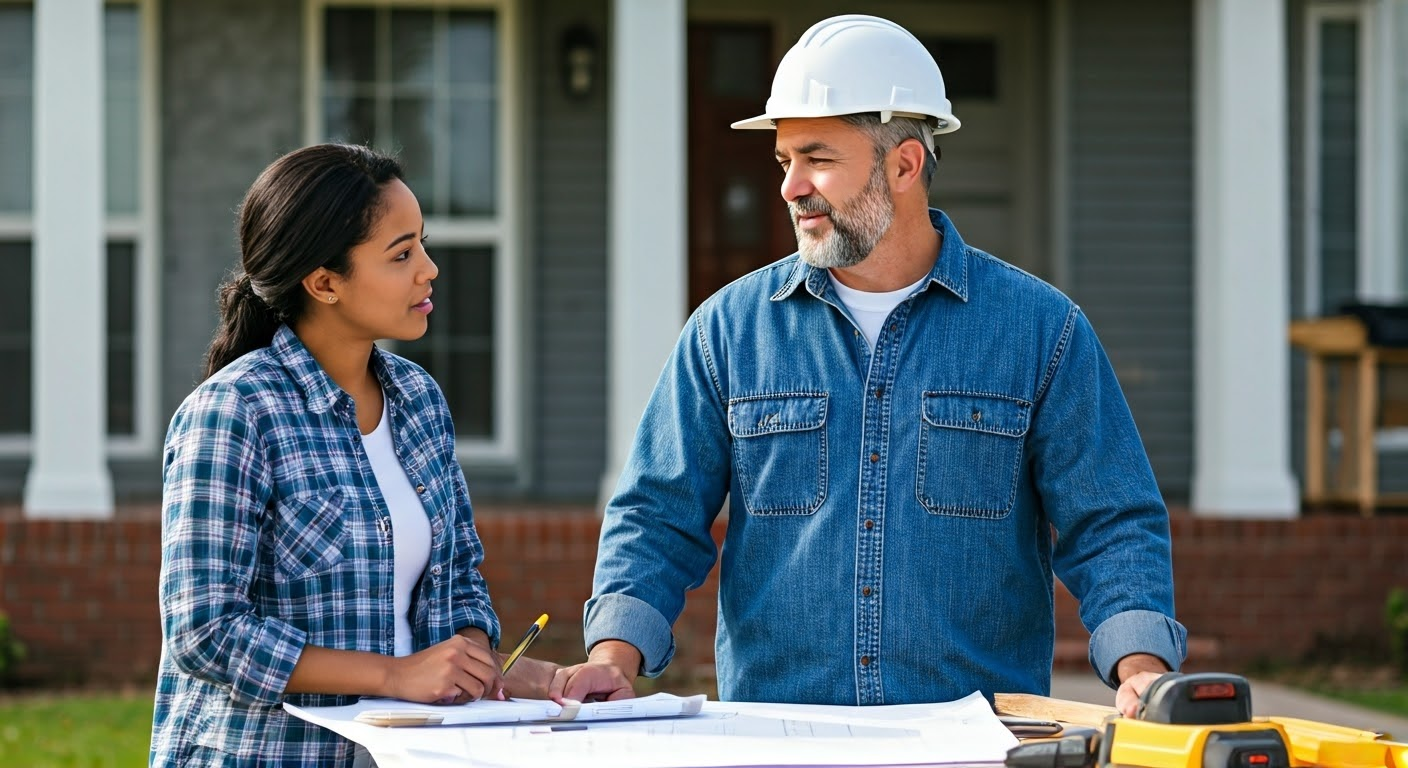
Hiring an experienced contractor determines your project’s success and roofing lifespan. Established professionals provide detailed cost breakdowns, adhere to local codes, and offer warranties for peace of mind.
Wise Builders Roofing and Renovations prioritizes customer satisfaction and uses durable materials for guaranteed results. With over a decade of industrial expertise, we combine local knowledge with exceptional workmanship, helping homeowners make secure investments. Follow as we outline credential verification steps for trusted contractor selection.
How to Verify Contractor Credentials
Ensuring your contractor is credible starts with verification of credentials. Ask for proof of licensing and insurance—two keys to homeowner protection. Valid licenses verify compliance with local building regulations, while insurance guards against unexpected damages during installation.
Online reviews and testimonials reveal past customer experiences and overall contractor reliability. Websites like Yelp and Angie’s List showcase honest ratings for straightforward comparisons. You can also request direct referrals from friends or neighbors who have successfully completed roofing projects.
A competent contractor should openly provide warranties covering materials and labor. Confirming these details ensures informed decisions and roofing safeguards. Local experience builds further trust, as we’ll soon discuss.
Importance of Local Experience in Roofing
Hiring locally familiar contractors guarantees smooth roofing projects. Their knowledge of local weather conditions—whether it’s frequent rain or high winds—guides material choices for long-term durability.
Established local roofers understand permitting and zoning laws specific to your area. With local experience, contractors can strategize quick solutions for challenges such as accessing steep roofs. Additionally, their integration within the community ensures timely communication about scheduling or cost concerns.
Trusting a local roofing expert minimizes delays and ensures high-quality results tailored to your home’s environment. Let’s now evaluate when replacement outweighs repairs.
When to Opt for Replacement Over Repair
Repairing your roof isn’t always the most cost-effective option. Extensive damage, from severe weather, beyond fixing leaks or replacing a few shingles, signals the need for replacement. Roofs nearing the end of their lifespan—20 years or older for most materials—benefit from replacement for structural reliability.
If moisture damage or sagging compromises your roof deck, opting for a full replacement ensures safe, long-term roofing. Up next, we identify signs that necessitate replacement rather than repair.
Signs That Indicate a Need for Full Replacement
Several indicators reveal when a roof requires complete replacement. Age serves as a primary factor—most roofs, particularly asphalt shingles, become unreliable past 20 years. If your roof shows signs of sagging or widespread moisture damage, it indicates structural compromise best addressed through full replacement.
Severe damage due to storms, fallen trees, or hail cannot be mended with basic repairs. Missing shingles or persistent leaks across multiple points suggest further erosion of underlayment stability.
Moreover, roofs with heavy moss or algae growth often conceal decay underneath. Cleaning alone may not revive the surface, making replacement the safest choice. Comparing costs between repair and replacement solidifies decision-making.
Cost Comparison: Repair vs. Replacement
For minor issues like displaced shingles or isolated leaks, repair costs range between $379 and $1,755. Repairs prove economical for extending newer roofs with minimal wear.
Conversely, replacement costs range from $8,900 to $29,500. While initial prices seem higher, replacements ensure structural integrity for older, damaged roofs. For roofs nearing their expected lifespan, replacement eliminates recurring repair expenses.
Investing in advanced materials like slate further enhances long-term durability, balancing higher upfront costs with decades of reliability. Evaluating these options with contractor advice ensures the best choice for your roof’s condition. Now, let’s cover preparation steps for your roofing project.
Preparing for Roof Replacement
Preparing your home for roof replacement is crucial for a smooth project. Clearing attic spaces and securing outdoor areas from falling debris ensures safety and efficiency. Informing neighbors about noise levels promotes good communication during installations.
Scheduling contractors ahead of time ensures detailed timeline insights for smooth execution. After preparation, knowing what to expect during replacement guides homeowners through potentially disruptive phases. Let’s break down these steps next.
Steps to Prepare Your Home
Getting your home ready aligns the project process. Begin with clearing attic spaces to avoid disruption from vibrations or falling debris. Relocate fragile items and cover furniture in upper rooms for added protection.
Next, move outdoor objects such as grills, furniture, or potted plants away from the house. This ensures contractors have unobstructed access and debris falls safely without damage.
Finally, notify neighbors about the scheduled roof replacement. Keeping them informed about anticipated noise prevents misunderstandings. Local roofing experts can provide customized preparation advice tailored to specific home layouts. Now, let’s talk about expected timeline phases during replacement.
Timeline: What to Expect During the Project
A roof replacement project typically follows structured phases. Day 1 often begins with debris clean-up from old roof removal, a process lasting several hours. Following this, contractors install underlayment and flashing as a stable base for shingles or panels.
During Days 2-3, shingles or tiles are installed according to design, with detail-oriented tasks like ridge vents or pipe boot adjustments completed towards project end. Complex roofs may extend timelines depending on unique features like skylights.
By Day 4 or 5, inspections ensure completion aligns with local safety codes before roof debris is cleared from the premises. Clear communication with roofing contractors stabilizes expectations throughout installations. Now, let’s wrap up costs and planning essentials.
Conclusion
In summary, understanding the costs associated with a 2000 sq ft roof replacement in 2025 is crucial for homeowners. From evaluating different roofing materials to considering labor and additional expenses, being well-informed allows you to make better decisions for your investment. Remember that choosing the right contractor can significantly impact both the quality of work and overall costs. As you prepare for a roof replacement, take into account the timeline and steps necessary to ensure a smooth process. At Wise Builders, we are committed to providing quality service and ensuring customer satisfaction. If you’re thinking about your roofing needs, contact us for a free consultation to explore your options and get expert advice tailored to your specific situation.
At Wise Builders, We ensure our clients receive the best possible outcomes. Our commitment to quality workmanship and customer satisfaction is unwavering, making us the top choice for residential Roofing services in our community.
Frequently Asked Questions
What is the best time of year to replace a roof?
The best time to replace a roof is during fall or winter, when demand is lower and contractors offer competitive quotes. Mild, dry weather ensures fewer delays and smoother installations, making it ideal for scheduling your roofing projectefficiently.
How can I finance a roof replacement?
Financing options for roof replacement include personal loans, home improvement loans, or accessing home equity. Planning ahead by comparing interest rates and understanding repayment terms ensures manageable monthly costs, letting you stay within your budget for this significant project.
Are there any hidden costs in roof replacement?
Hidden costs in roof replacement may include unforeseen expenses like wood deck repairs, extra permits, or flashing replacements. Discuss details with your contractor and request an itemized quote to ensure proper budgeting and effective cost management.



